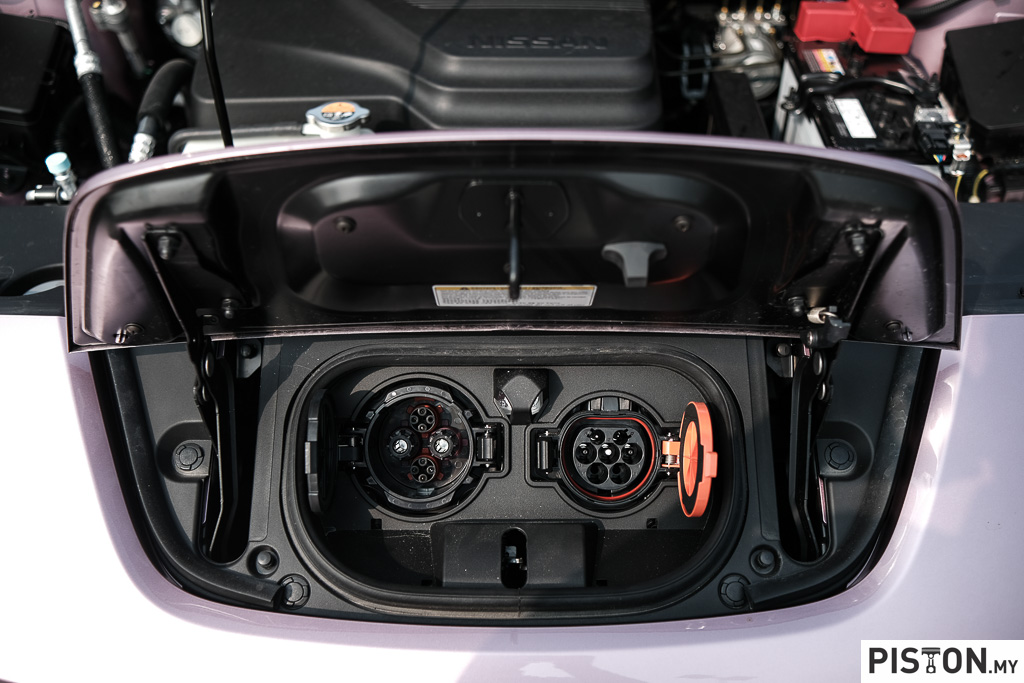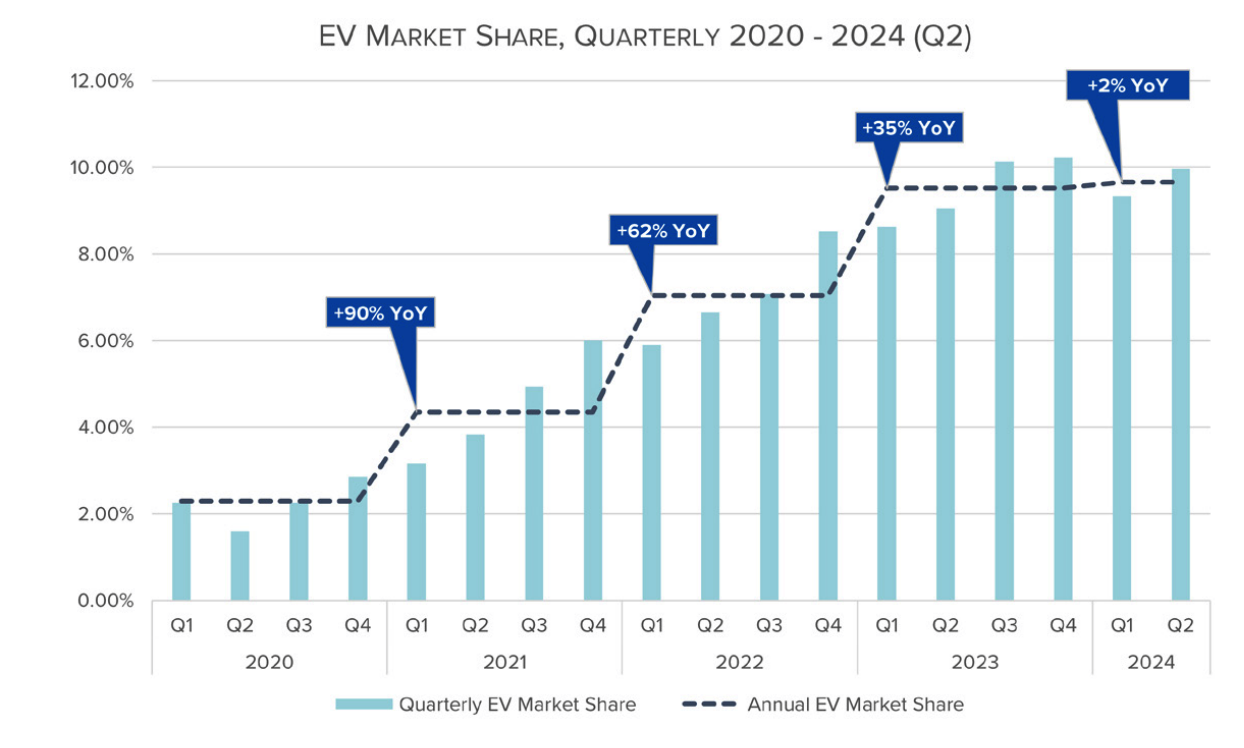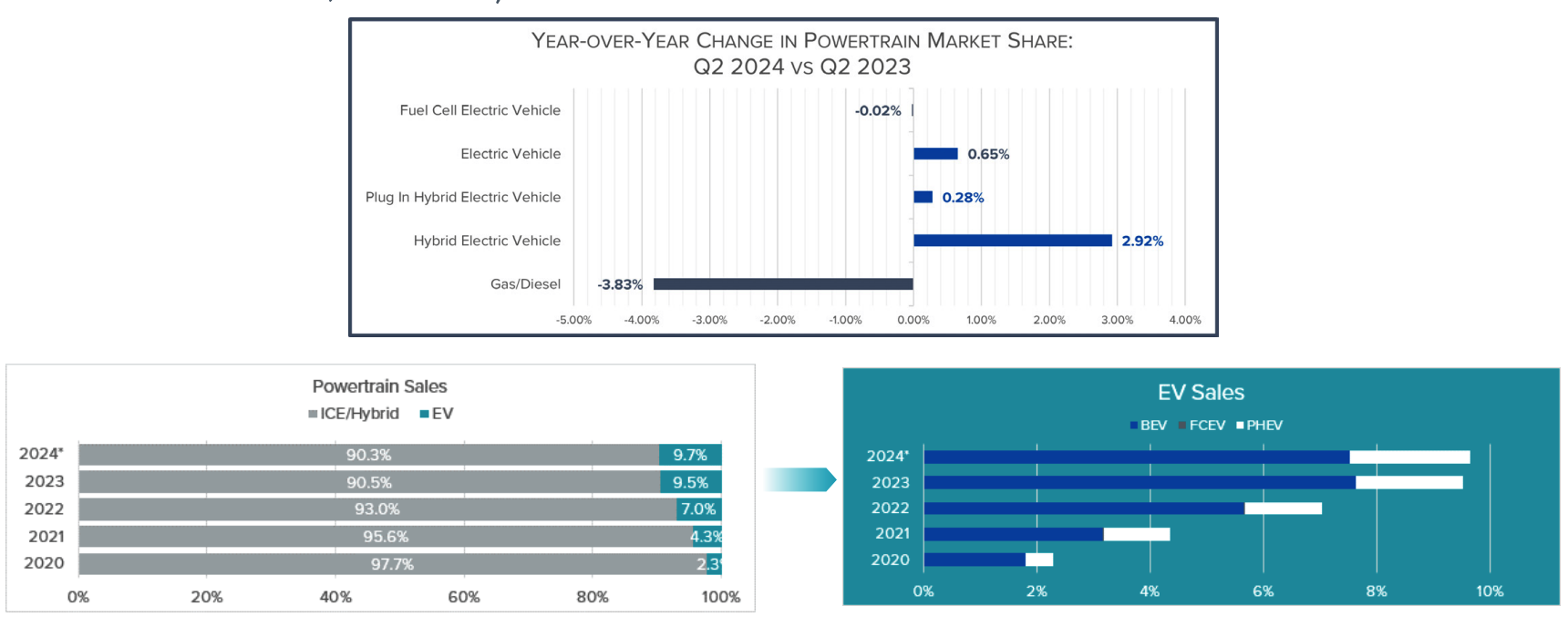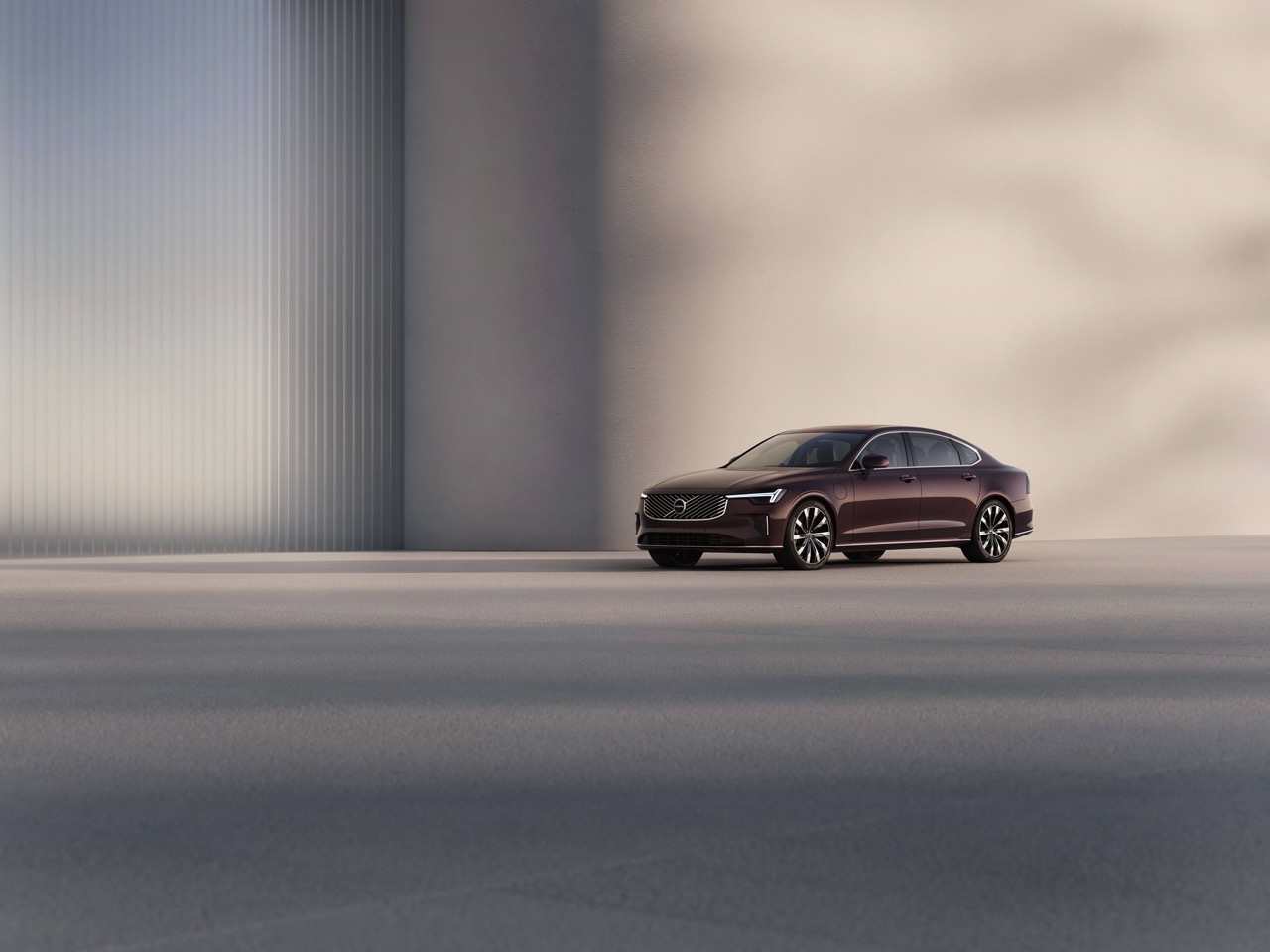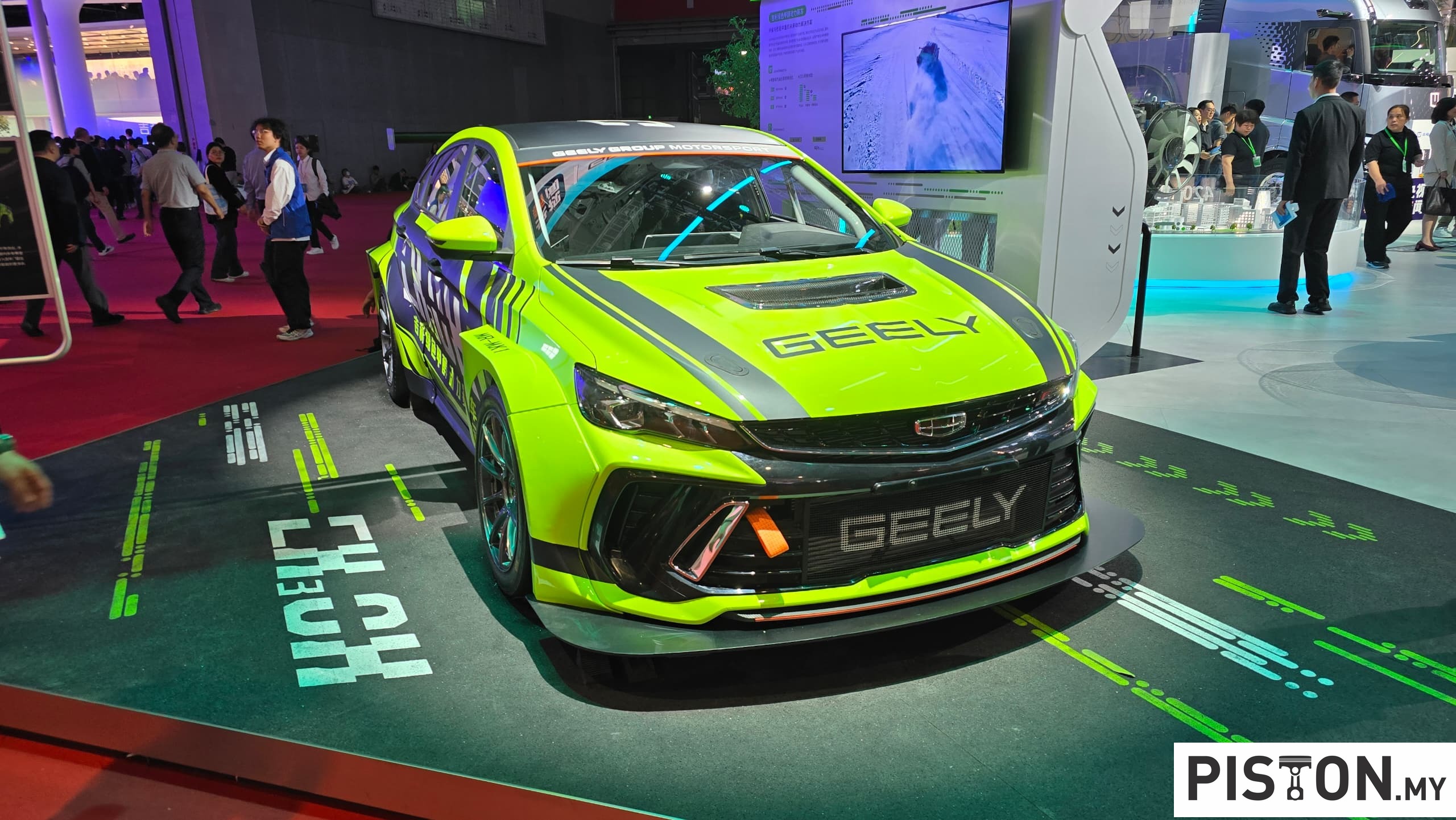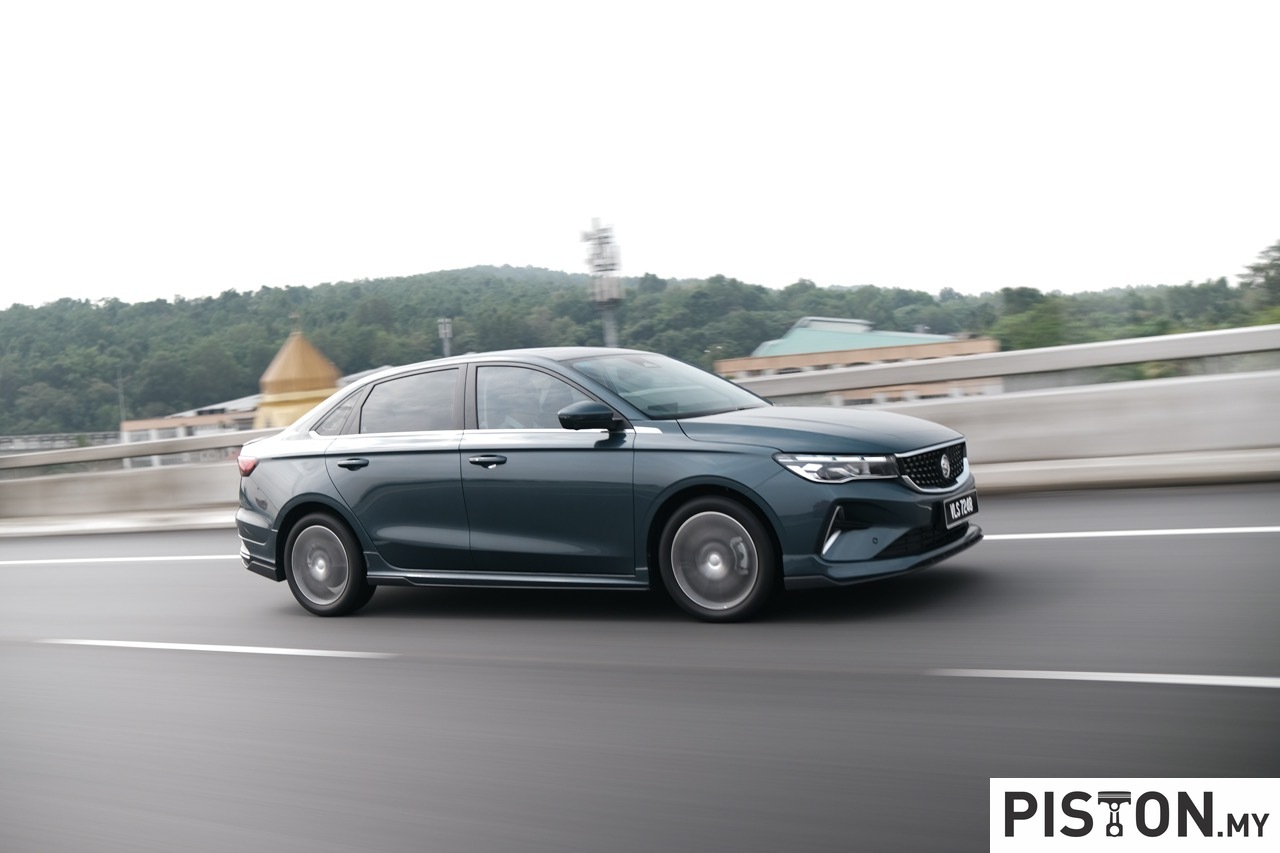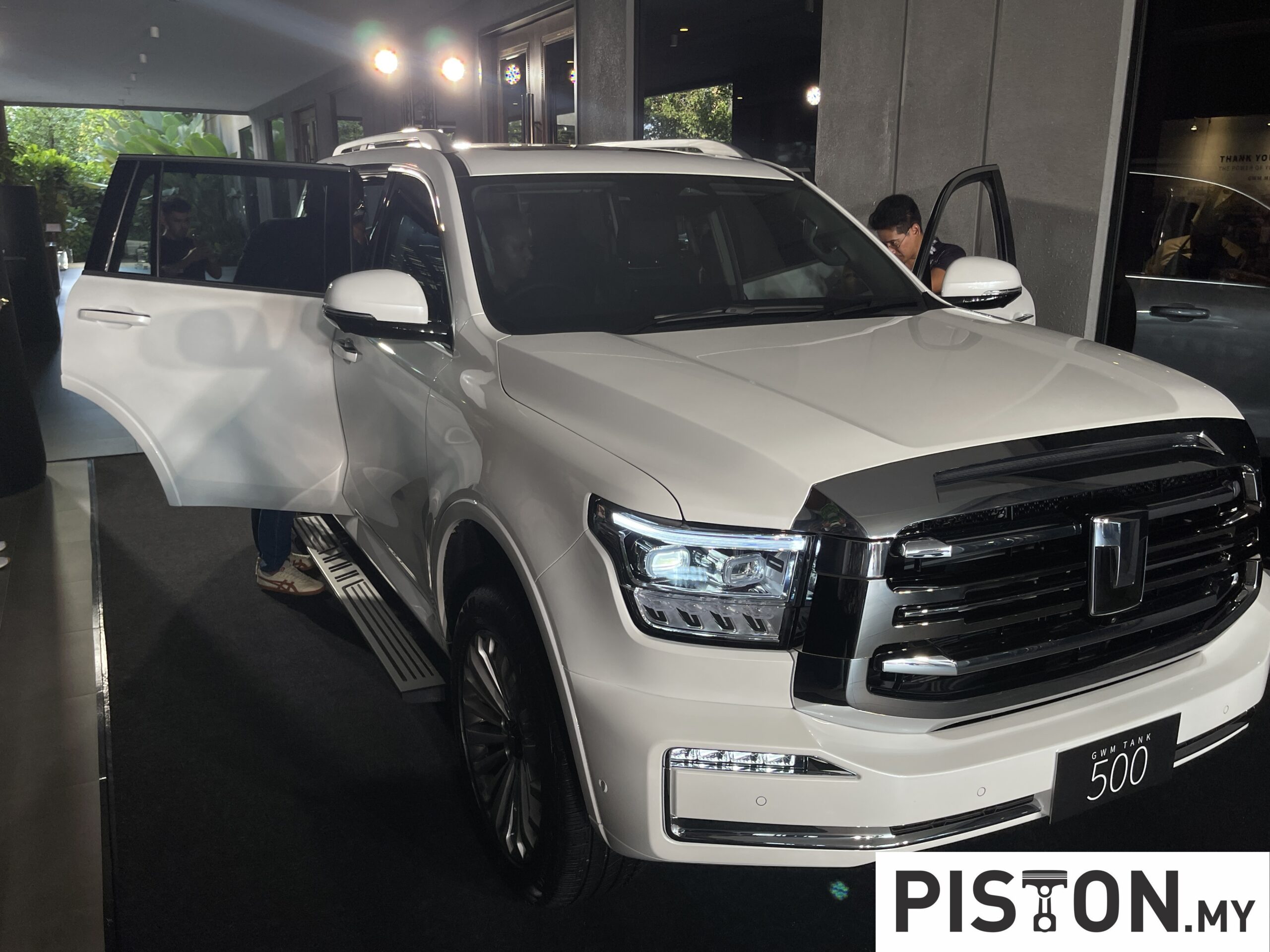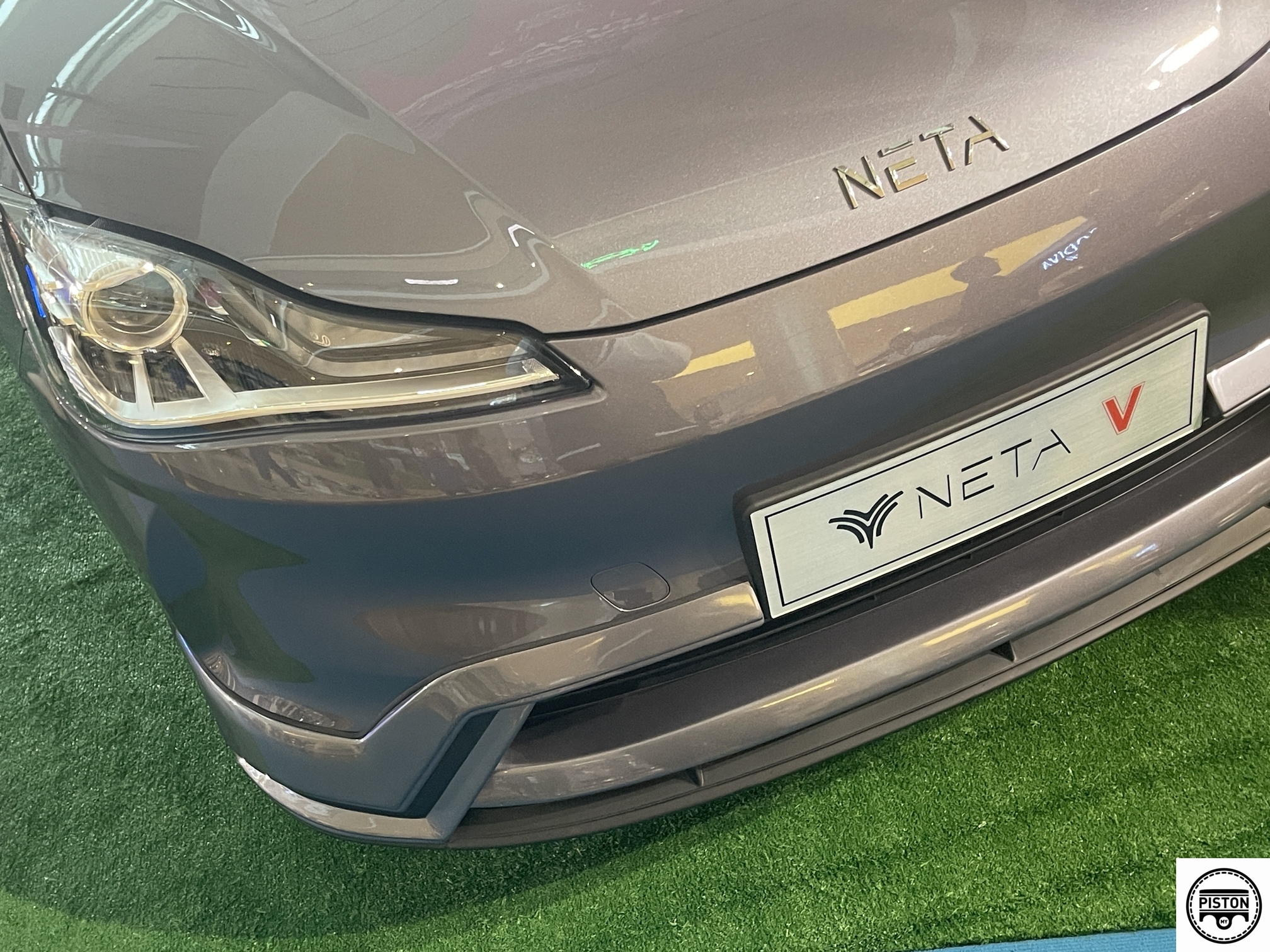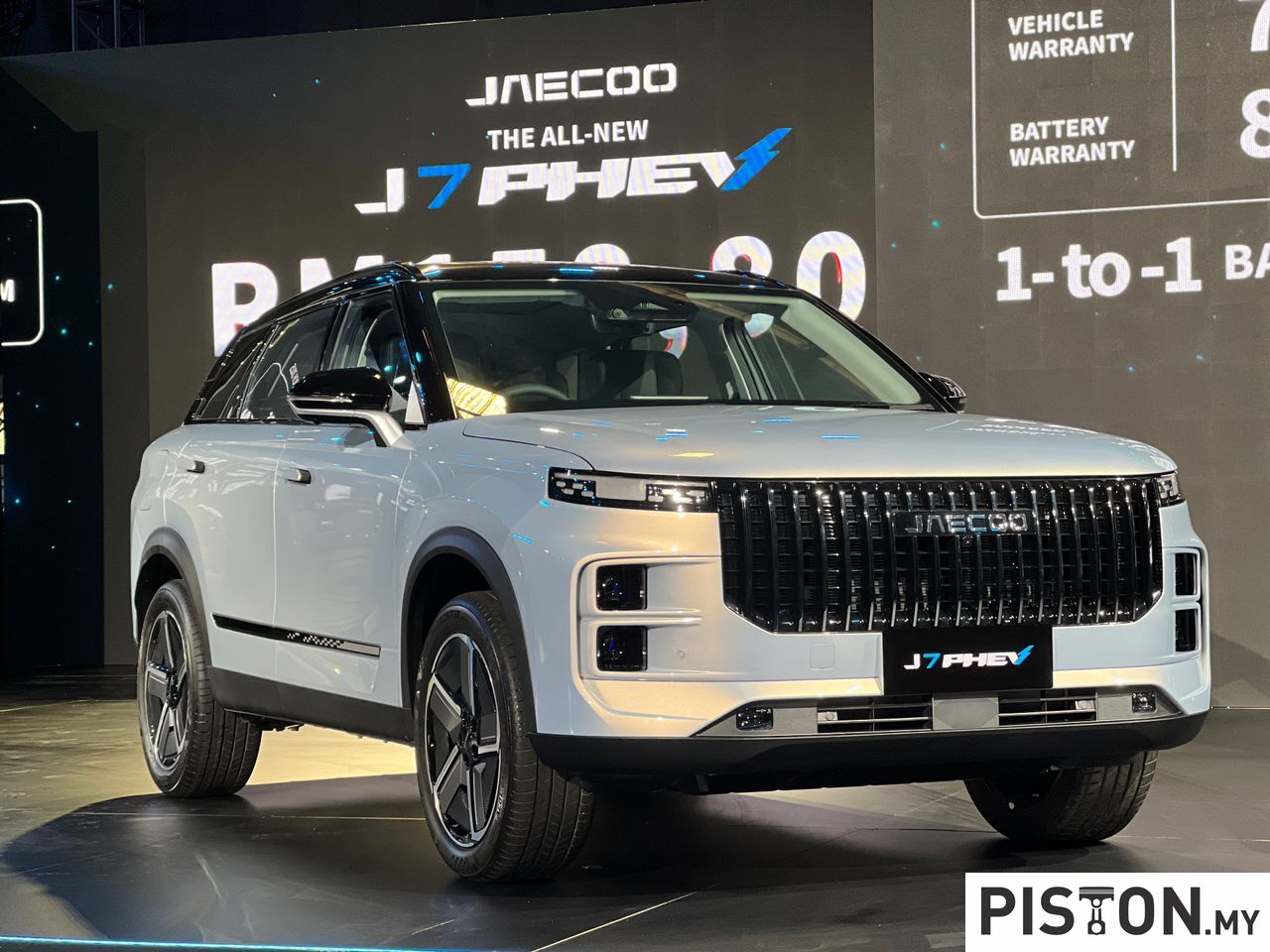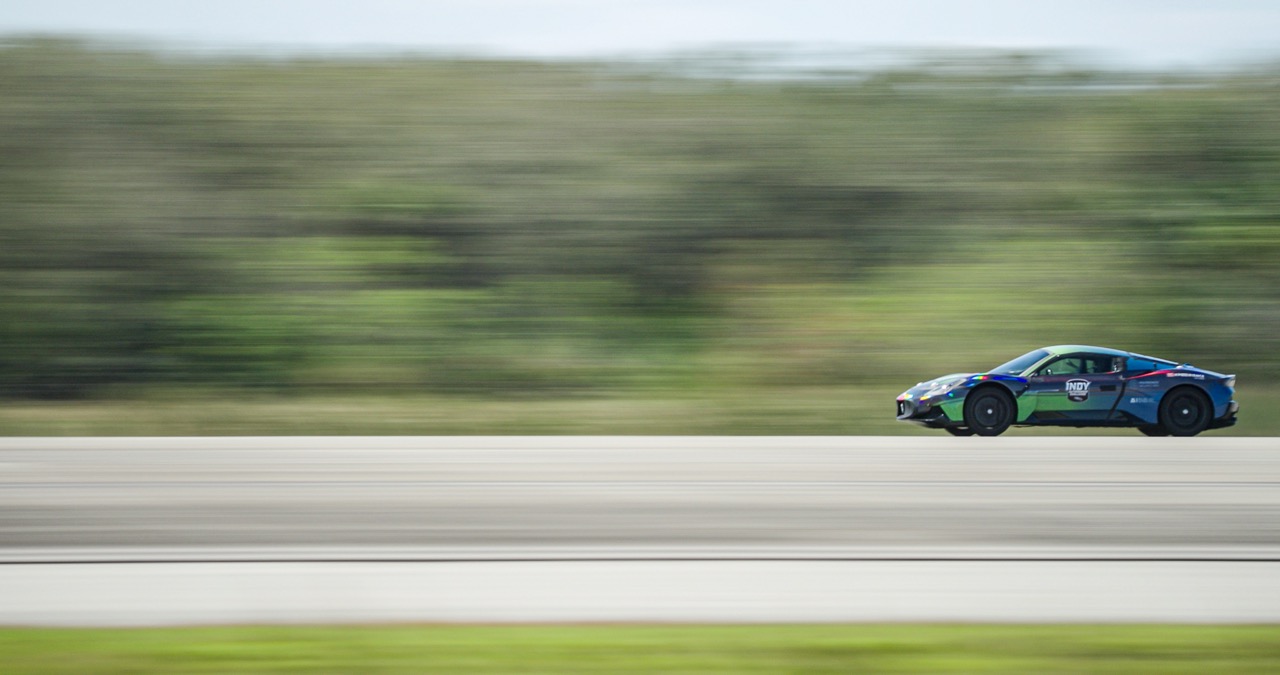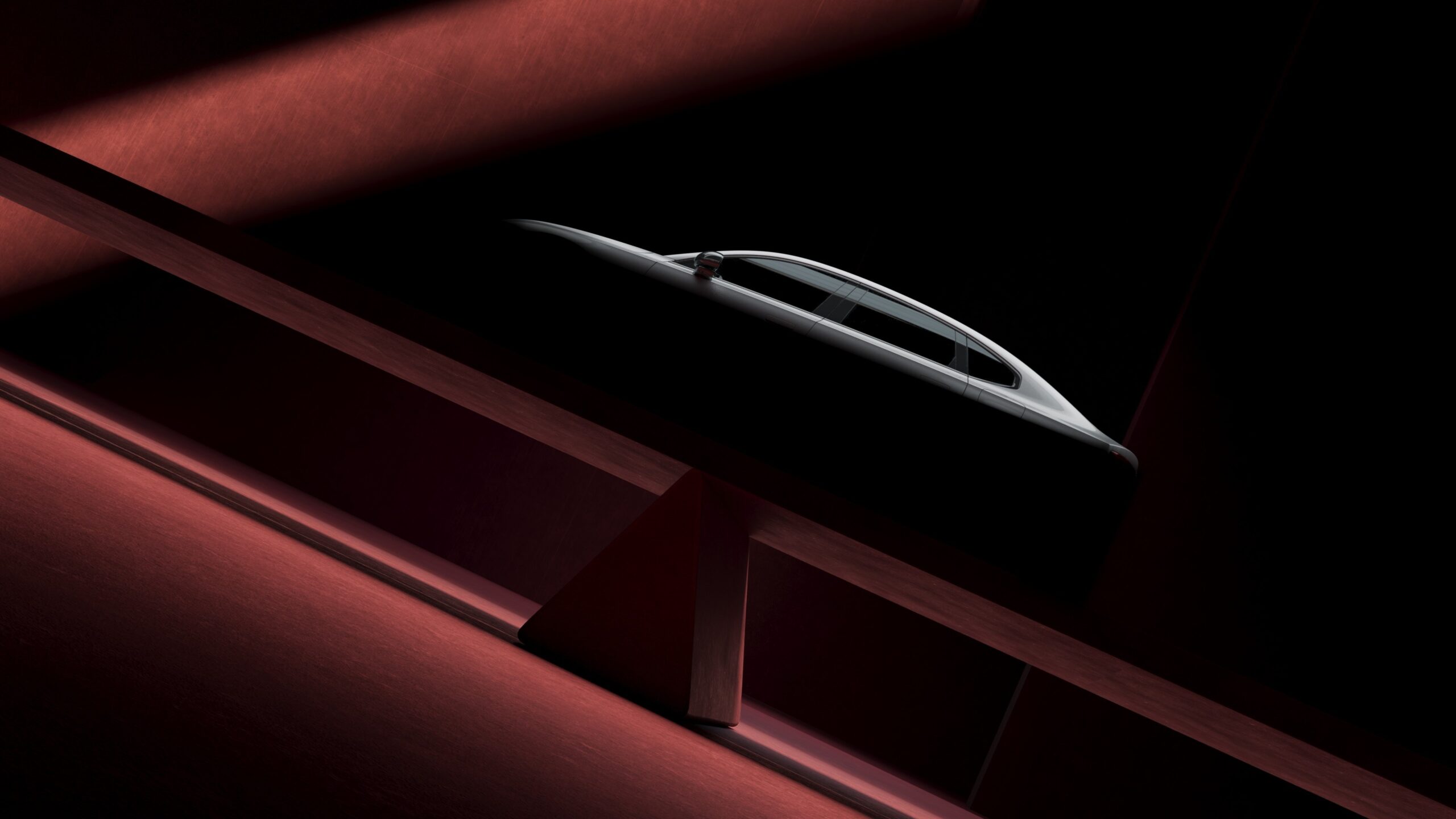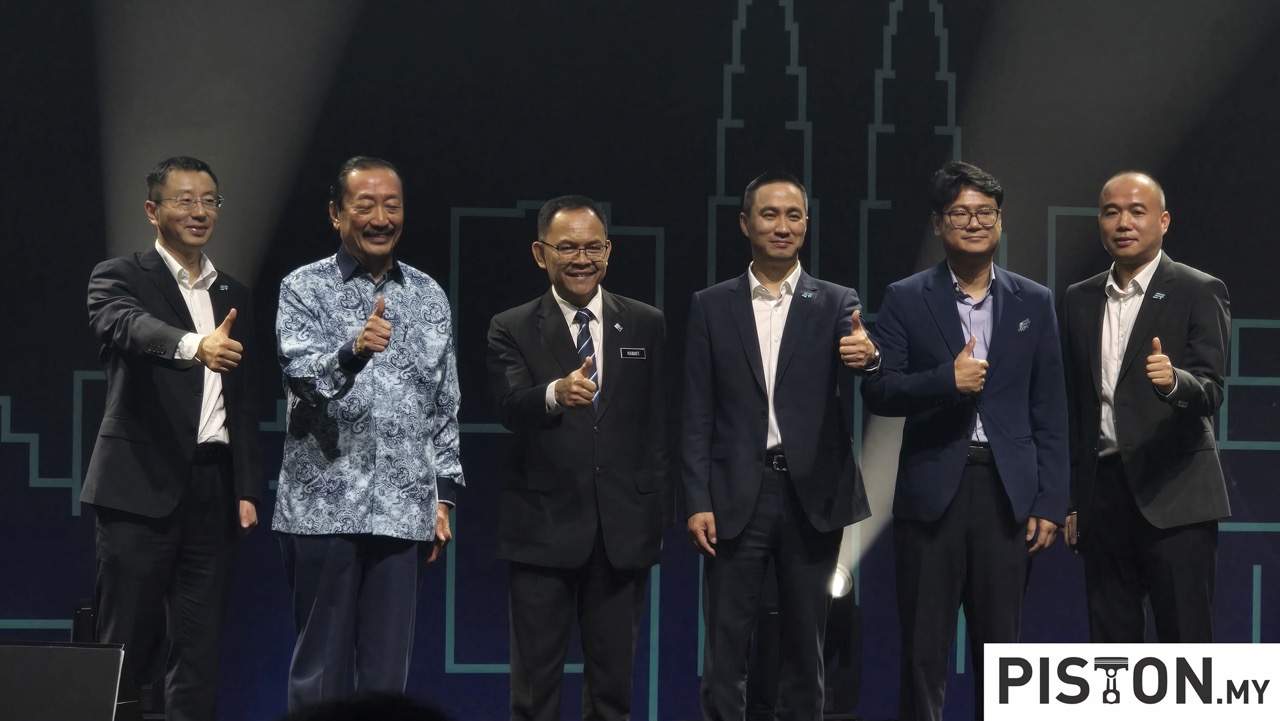Electric vehicle (EV) manufacturers are facing new challenges as the market share for fully electric vehicles has retracted in 2024 for the first time since the data collection began, according to a report from the Alliance for Automotive Innovation. While the decline is minimal—just 0.1%—it signals a shift in consumer preferences. Despite this setback, traditional internal combustion engine (ICE) vehicles have experienced the largest drop in market share, losing 2.3% in 2024. Consumers are instead gravitating toward plug-in hybrid electric vehicles (PHEVs) and traditional hybrids, with market share increases of 0.3% and 2.2%, respectively.
EV sales have seen substantial growth over the past few years, particularly during the pandemic, rising from less than 1% of total vehicle sales in 2016 to nearly 8% by the end of 2023. However, the cooling of EV demand in 2024 could signal a shift toward hybrid technologies as buyers seek alternatives that balance electric and traditional petrol power.
The decline of ICE vehicles reflects a broader trend as automakers expand their fleets of alternatively-powered vehicles. Some manufacturers, like Nissan, have been impacted by their lack of hybrid options in markets such as the U.S., contributing to financial difficulties despite offering fully electric models like the Leaf and Ariya.
EV adoption, however, varies significantly across different states. For instance, California leads the U.S. with EVs accounting for over a quarter of all new car sales in 2024, thanks in part to the Zero-Emission Vehicle (ZEV) program, which aims for 100% zero-emission vehicle sales by 2035. In contrast, states like North Dakota, Mississippi, and Louisiana report EV adoption rates of less than 2%.
The ZEV program, now adopted by 15 states, has led to a noticeable gap in EV adoption. In states that follow ZEV guidelines, EV market share is more than double that of non-ZEV states. This growing disparity reflects the uneven pace of EV adoption across the U.S. as regulatory frameworks and consumer interests continue to evolve.




